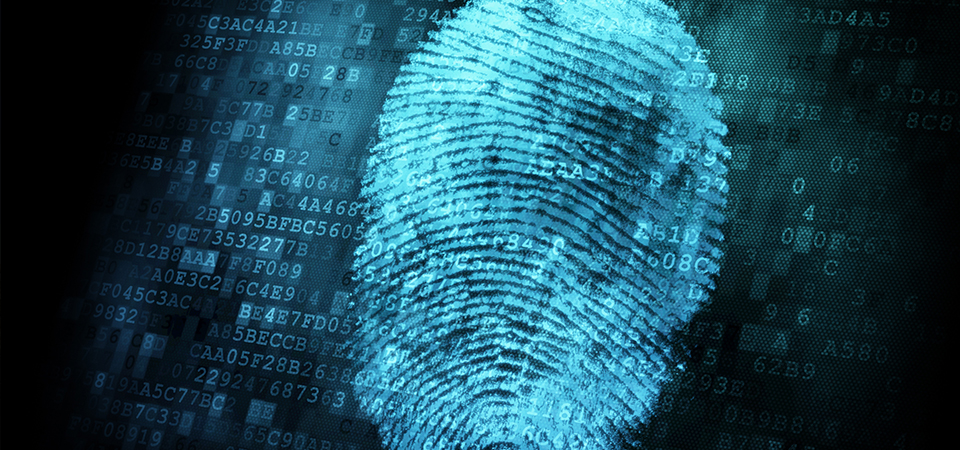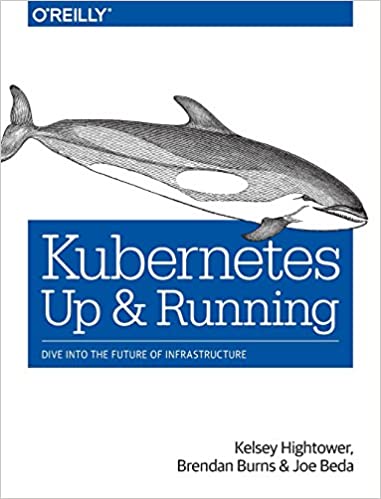; Date: Sat Nov 18 2017
Tags: Blockchain »»»» Big Brother »»»» Human ID »»»» Machine Readable ID »»»»
The UN and EU are proposing a solution to child sex trafficking based on Moldova, one of Europe's poorest countries. According to a Reuters report, many children born in Moldova do not have official identity documents, making them attractive for sex trafficking because they're outside the normal system where governments track the existence of its citizens. The proposal is to implement a system using Blockchain to give these children "paperless documents" containing immutable biometric identification information. While Bitcoin itself may become irrelevant - i.e. it might be banned for legal use, and therefore its use would be limited to the shadowy underworld - the Blockchain technology it's built on is of wide-spread interest. The key features are using strong encryption to implement a ledger of data that is strongly protected by that encryption. It seems possible to use this for human identification -- if a set of data can be identified that automagically computes a security key that indexes into the blockchain, ...etc...

According to the Reuters report [Reuters], every year hundreds of women as little as 13 years old are trafficked from Moldova to Russia, Turkey, the United Arab Emirates, and elsewhere. Moldova is a former client state of the U.S.S.R. (it was Moldova S.S.R at the time) and still has significant ties to the Russian sphere, despite its population being almost entirely ethnic Romanians and that terrority was formerly part of Romania.
Someone lacking an official identity is easier to ship around; If nothing else, the government won't notice the person is missing if the government is missing.
Moldova was put on a USA "watchlist" of countries that don't do enough about child sex trafficking. It is one of Europe's poorest countries, and has had decades of economic neglect.

Digital identification experts from the U.N. Office for Project Services (UNOPS) and other agencies met in Chisinau, Moldova's capital, to discuss the possibility of using "technology" to protect children. [UNOPS]
The generalized problem is fake identity documents. Even adults who have officially assigned identity documents will on occasion use fake documents, generally for nefarious purposes. Many believe, and it may be the case, that having unclear identity for folks leads to more crime.
The goals expressed by these organizations are a clear integrated identity solution for people. One that is not forgeable, and is therefore based on biometric markers, and is easily computable e.g. by any police officer in the world. It would require some kind of device to measure the biometric markers, compute the ID key, and look it up in the database.
The plan is probably to use this specific instance (Moldovan child sex trafficking) to develop a global identity system that would be applied to every human on the planet.
On the World Identity Network website [WIN] they note:
- UBIQUITOUS SMART DEVICES: Extensive use of mobile devices in the developing world, combined with the proliferation of low-cost biometrics, offer ubiquitous and simple means for capturing personal ID that can reach far more people, as well as and new, more efficient ways for government and business to reach and serve the populations who lack a digital ID.
- NEW GENERATION TECHNOLOGY: Advances in distributed secure networks, plus the emergence of artificial intelligence (AI), are creating new models for conceptualizing and designing ID systems. Distributed ledger technologies (DLT) and solutions such as Blockchain are the next frontier for identity access and management.
- GROWING ECOSYSTEM: Market consolidation of established players and emergence of new and innovative start-ups and alliances/consortia in the DLT and blockchain space are contributing to growing a $100 B+ ecosystem by 2022.
Humanitarian Blockchain Summit:
fordham.edu info 27346 humanitarian_blockchain_summit
- Highlighting a range of piloted and pioneered blockchain initiatives for humanitarian action;
- Facilitating the ethical adoption of humanitarian blockchain solutions in response to technical, legal, and governance challenges facing the humanitarian sector;
- Bringing together people from across sectors to foster new partnerships, encourage technical collaboration, and explore nontraditional funding sources;
- Curating existing open-source tools used in humanitarian blockchain services; and
- Building a digital community of developers interested in impacting humanitarian assistance.
Undocumented children and minors are easy prey for human traffickers, who often use fake identification documents to transport them across borders. Once trafficked, these children and minors are sold to sex brothels, caught in modern slavery rings, and even used for the illegal human organ trade. This affects both girls and boys, but young women and girls are targeted most often. With powerful new technologies and solutions, such as digital identity on the blockchain, there is now a significantly higher chance of catching traffickers and securing data on an immutable ledger, further making any such trafficking attempts more traceable and preventable.
Blockchain4Humanity:
blockchain4humanity.uniteideas.spigit.com Page Home
World Identity Network launched on Sir Richard Branson's Necker Island this week
NECKER ISLAND, British Virgin Islands, July 28, 2017 /PRNewswire/ -- The World Identity Network (WIN) has been launched today during the Blockchain Summit organized on Sir Richard Branson's Necker Island. The key objective of this global initiative is to catalyze progress towards universal ID and robust, secure, digital identification systems using 21st century technology solutions, such as the distributed ledger technology (DLT).
The initiative will be led by Mariana Dahan, former World Bank official and a prominent figure in the digital identity ecosystem. Dahan was the driving force behind the Identification for Development (ID4D) agenda – a global program she initiated that is now broadly embraced by the international donor community.
The United Nations Executive Director / Under-Secretary General, UNOPS Grete Faremo, commended WIN: "The international community has yet to fully explore blockchain technology. Quite simply the potential is immense – more transparency and greater efficiency could deliver real benefits to billions of people. So at UNOPS we are proud to support global initiatives like WIN aiming to bring these benefits to countries across the world, to improve the lives of individuals, families and communities."
"In this fast-paced environment, WIN has a critical contribution to make to promote cutting-edge knowledge on identity management and leverage the potential of new technologies, such as the blockchain," said Carlos Santiso, Head of the Innovation for Citizen Services Division of the Inter-American Development Bank (IDB). A number of developing nations in Latin America region, and elsewhere, have already expressed interest in accessing WIN's advisory services and technical assistance.
Technology-agnostic and a neutral knowledge broker, WIN is working across the DLT spectrum, partnering with technology companies that do not only operate on the Bitcoin Blockchain but also use Ethereum and other open-source platforms, helping decision-makers to choose a solution that fits best their needs. To this end, the company is set to collaborate with the BitFury Group, ConsenSys uPort, IOTA, the Sovrin Foundation and the Secure Identity Alliance members.
“Blockchain creates a breakthrough opportunity for digital identity,” said David Treat, a managing director in Accenture’s blockchain business. “It has the unique ability to give individuals control over their personal information. Organizations like WIN play an important part in enabling the public and private sectors to work together to create high impact solutions with new technologies. We are very pleased to support and contribute to these efforts.”
"The Secure Identity Alliance welcomes this new initiative and is looking forward to collaboration to explore the potential of the distributed ledger technology for inclusive development," stated Jean-Claude Perrin, Vice-President of Strategy at Gemalto.
"We too share WIN's mission to bring the world a secure universal digital identity solution and are excited to partner towards building the expertise needed to make blockchain identity a reality for everyone," said Rouven Heck, Co-Founder and Project Lead at ConsenSys uPort.
"By coupling the experience of international programmes on rolling out electronic identity - like eIDAS in the EU countries - with innovative technologies like blockchain, WIN has the potential to be a game changer in the area," said Andrea Servida, leading the eGovernment & Trust Unit in DG CONNECT at the European Commission.
"The Blockchain Summit on Necker Island is a very special venue for innovative projects to emerge. The BitFury Group is supportive of WIN mission and strongly believes in the power of the blockchain technology to change the world," said Valery Vavilov, CEO of BitFury Group and co-host of the Blockchain Summit.











